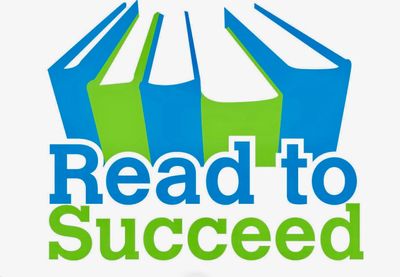From Br Steve fsc

Greetings,
This week our Library staff completed the introduction of the Read to Succeed Program 2021 across Years 7 to 9. It is wonderful to see many students across the whole College with reading book in hand as they get off the bus each morning. Speaking with students, the reading period of a Wednesday is popular as the habit of reading becomes a norm. It can also be called our wellbeing period, as we stop awhile and get lost in another place or thought or be inspired by a life or an event in the world of text.
Dr Sands, Marlborough School, Los Angeles, says:
“Fiction cannot make a reader moral or ethical or a kinder human being, however, it can provide an opportunity for readers to identify and empathize with characters and situations, think critically about these same characters and events, and vicariously sort through the personal choices the narrative offers".
Fiction may not make us more moral, but I deeply believe it can help. Fiction and non-fiction can help us become more caring and confident, more resilient and adaptable, more ready and able to engage the real world. I find reading gives me an understanding and insight into the complexity of life. For example, I learn much about myself and others from reading about great leaders and orators such as Marcus Aurelius, John F Kennedy, Winston Churchill, Nelson Mandela, Lee Kwan Yu, and Barack Obama. I learn to recognise human emotion and decision-making. Therefore, it is most important we promote and develop reading in a game-based, laptop, smartphone, social-media, mono-syllabic, sound-bite oriented world.
Writing and speaking are the outputs or products of literacy whilst reading and listening are the inputs. Our ‘writing across the curriculum/academic writing’ strategy ensures we teach the skills needed in every subject for articulating and expressing the thinking, problem solving, and critical analysis needed in that subject. By better understanding the formulae, the ‘how’ to write, students will be able to present their thinking better and achieve their potential using the gifts and talents God has given them to the best of their ability.
At the end of Term One Year 10 completed their Minimum Standard tests and I am very pleased to report that 100% of Year 10 students achieved the Minimum Standard in Reading – evidence of the improved hard work and self-motivation of students to their learning and also the hard work of teachers in implementing the common approach to reading and writing at Oakhill College. Hattie’s research has identified that teacher efficacy is one of the most significant elements in student success.
The College Staff-only Day on Monday 10th May will be focused on professional development revisiting and developing further our cross-school reading and writing strategy.
Br Steve Hogan fsc
College Principal





















